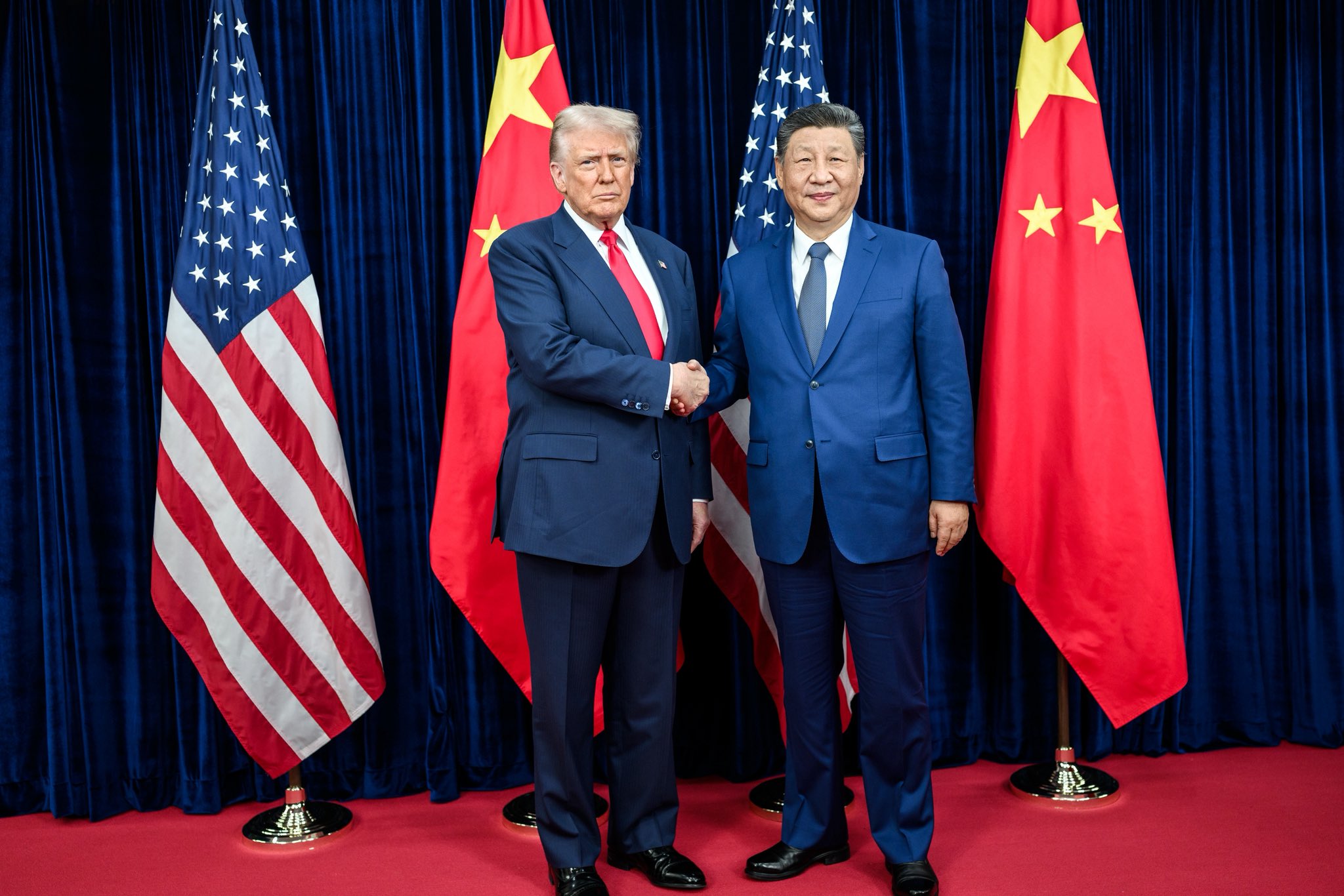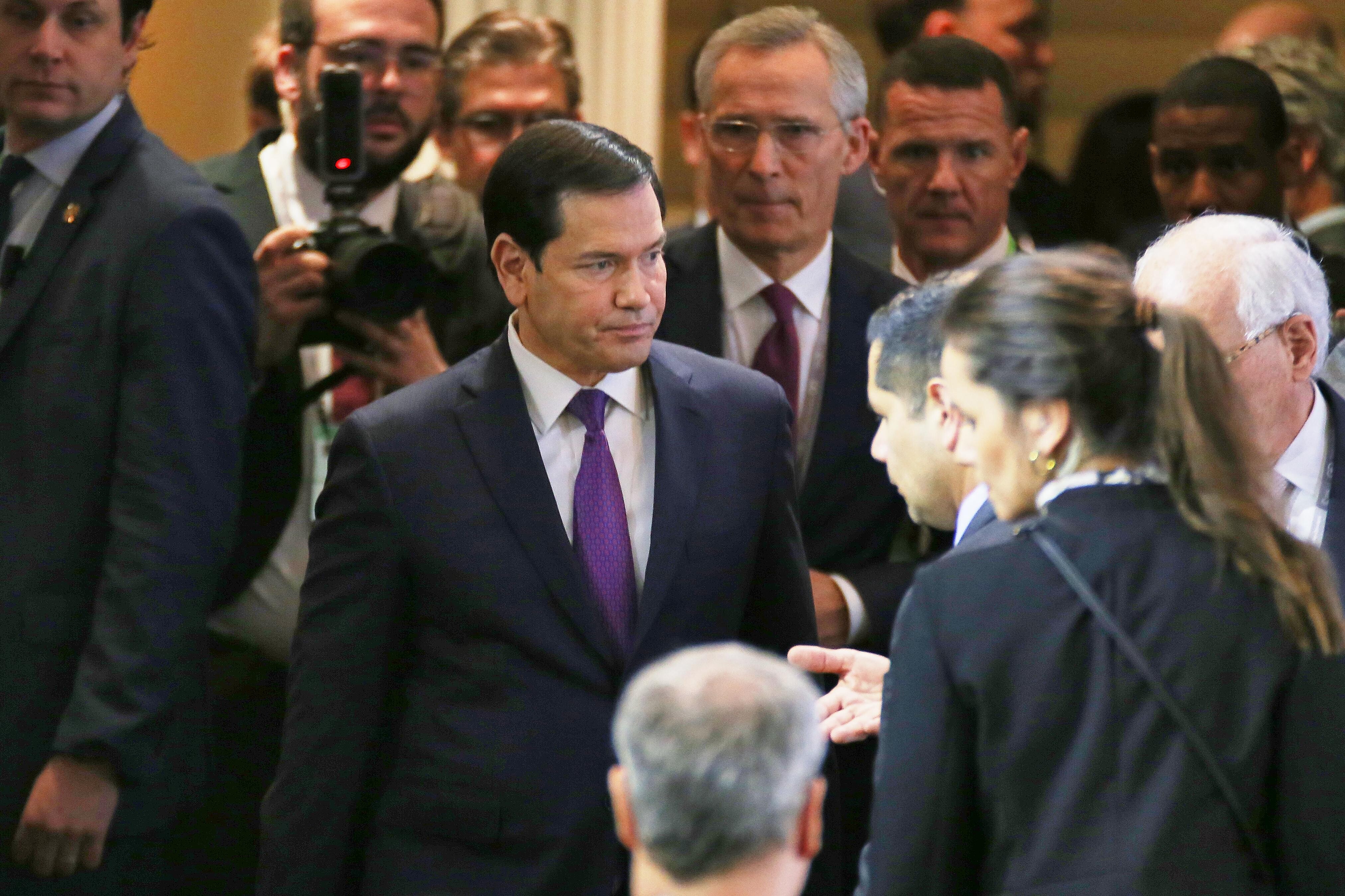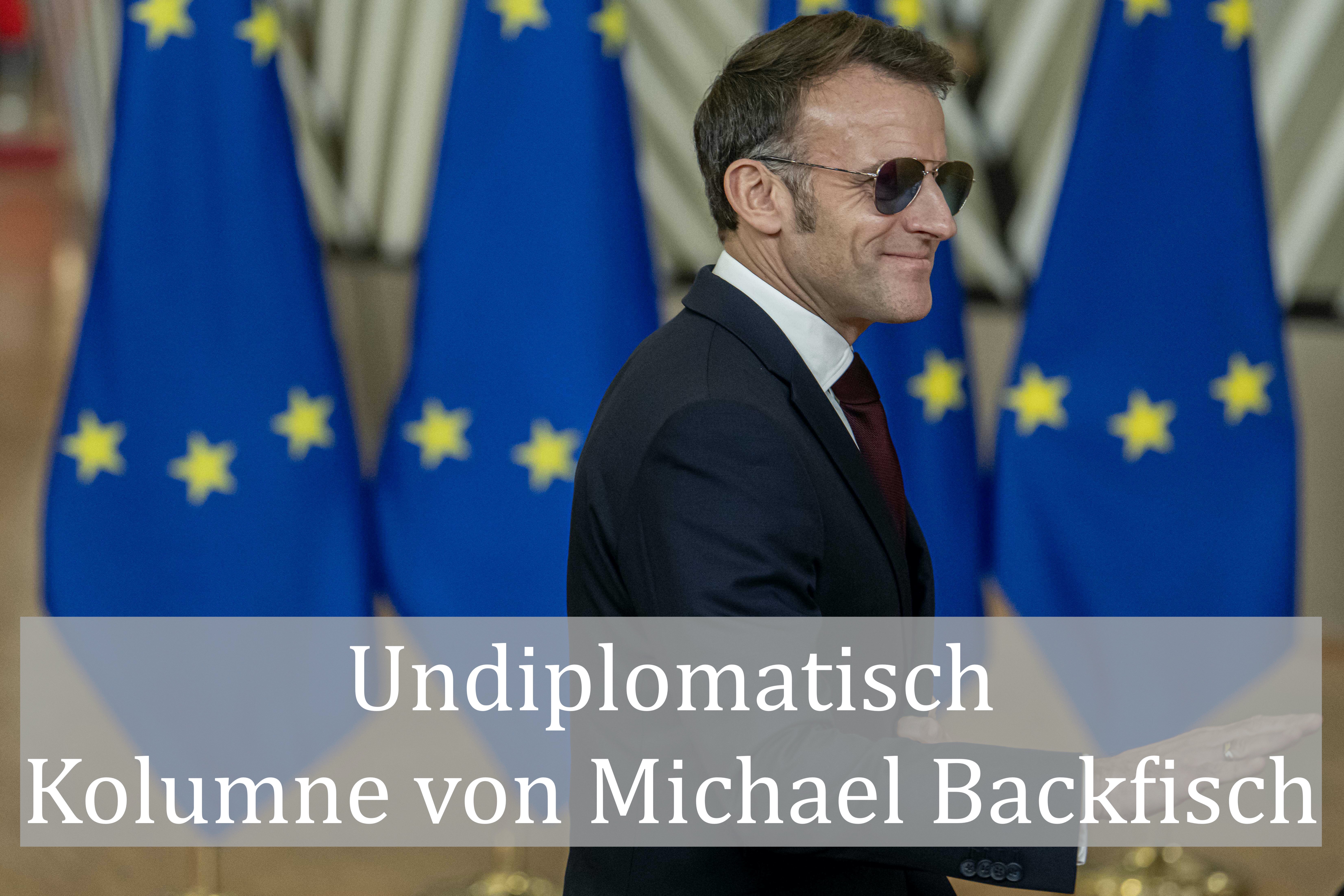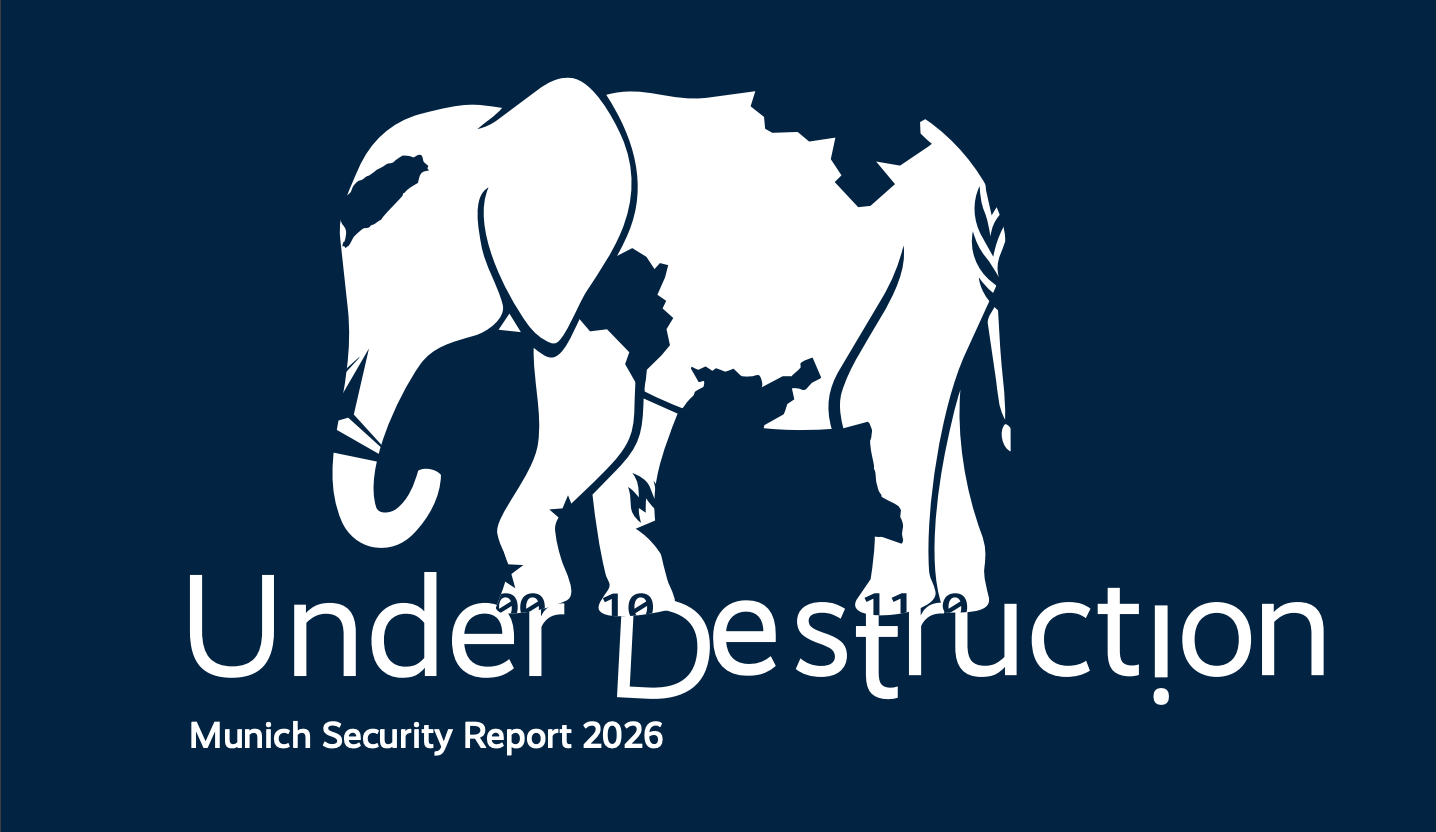diplo.news
The Stones of Desire
Column by Gudrun Dometeit

Some sparkle silvery grey, some ignite spontaneously, others are particularly attractive, and in any case, they have all become the secret focus of many political discussions around the world. We're talking about rare earths — metals that the modern world regards as absolutely essential for electric mobility, smartphones or armaments. But because the rare earths are actually not so rare but only unevenly distributed and usually difficult to develop, the battle for them is constantly increasing. Anyone who wants them must be quick and as ruthless as possible; whoever has them uses them as a means of extortion and geopolitical threat. And to say it up front, Europe is still not looking particularly good in this race. The Middle Kingdom has a quasi-monopoly on many critical raw materials, but particularly on rare earths. It produces around 60 percent and processes around 93 percent into permanent magnets for the high-tech industry. The role of the stones of desire was shown again in various meetings this week.
At their meeting in Busan, South Korea, US President Donald Trump and Chinese President XI Jinping announced an agreement on rare earths. Trump triumphant as always, Xi with the usual stoic expression. China will suspend export controls on seven of the 17 rare earths it imposed in response to increased US tariffs this year for one year. In November, they were supposed to be drastically tightened and expanded once again. Particularly problematic: Export controls required licenses for which customers of Chinese exporters had to disclose sensitive data.
It is not yet a basic regulation that the two superstatesmen have agreed on, but it provides some breathing space. Not only for American companies, but hopefully also for European companies which have already suffered severely from supply chain disruptions, including significantly higher prices. This Friday, EU representatives wanted to negotiate a similar solution for Europe with a Chinese delegation in Brussels. “Sailing in the slipstream of the US is not a sustainable long-term strategy for Germany and Europe,” criticized Volker Treier, head of foreign trade at the German Chamber of Industry and Commerce (DIHK), according to dpa. Foreign Minister Johann Wadephul decided not to travel to Beijing this week, allegedly because not all of his desired discussion partners were made available to him. CChina's leadership is said to have been angered by his recent criticism of, among other things, its aggressive behavior toward Taiwan. But was canceling the trip really a smart move from a strategic point of view?
There is much you can criticize about US President Trump, his vanity, his autocratic moves, his erratic attitude — lack of speed is not one of them. Whether in Greenland, Ukraine, Australia or in its own country — everywhere, the US government is securing critical raw materials, recklessly, but often with success. This is also because he is willing to spend a lot of money to do so. In July, for example, the Pentagon alone invested 400 million dollars in the Californian Mountain Pass Mine, a producer of rare earths. Chinese and even Indian investors have also been on the ground for a long time in countries such as Argentina or Chile to develop mines. “Germany slept through a lot of time. The Chinese are often already there when we start testing,” says a German diplomat from Latin America. It is true that there are a number of commodity partnerships with countries such as Chile, Australia, Mongolia, which also involve lithium or copper. And cooperation with Canada is to be expanded. However, it takes a lot of time before the partnerships come to life.
At the EU level, too, investment in strategic projects for the production and processing of important raw materials is to be increased and the conclusion of partnerships with countries such as Ukraine, Australia, Canada, Kazakhstan, Uzbekistan, Chile, and Greenland is to be accelerated, EU Commission President Ursula von der Leyen stated a few days ago at a conference in Berlin. Since the international environment has completely changed, the EU can no longer react at the same pace as it once did. “Whether it's energy or raw materials, defense or digital: Europe must strive for independence, and now is the time to do so.” According to estimates, the EU's demand for rare earths will increase sixfold by 2020 and sevenfold by 2050; for lithium, it will increase twelve-fold by 2030 and even 21-fold by 2050. This enormous demand can hardly be met by domestic mining or recycling. At least in the short term, von der Leyen said, the EU has no choice but to find solutions with China.
In Germany, the federal government—initiated in 2024 under the coalition government—has made €1 billion available until 2028 to promote strategic raw material projects in order to achieve greater independence in supply chains. According to a report in the business magazine Capital, the fund managed by the Kreditanstalt für Wiederaufbau (KfW) now has around 50 applications from companies, including for lithium mining in the Upper Rhine Graben. According to the research, not a single one had been approved by mid-October. The auditors were still reviewing them. Decisive industrial policy looks different.
Too late, too bureaucratic, too hesitant. How do Germany and Europe ever want to achieve their climate goals and digital transformation without being completely dependent on the goodwill of China or other raw material suppliers if things continue like this? Sometimes a little more Trump would be good, at least in terms of speed.




